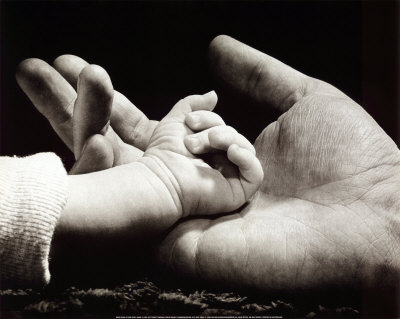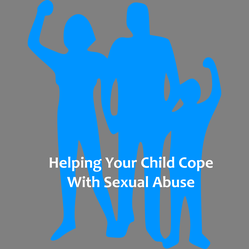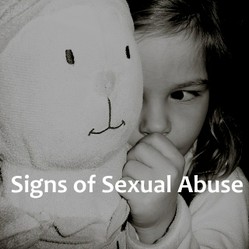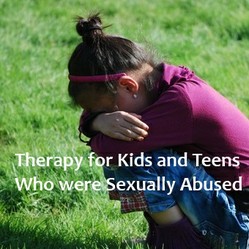When your child tells you that he or she has been sexually abused, you should congratulate both your child for being brave, and yourself for being approachable.
Children commonly do not tell about abuse until many years later, perhaps not until adulthood and perhaps not even then. This is true for a one-time event as well as for ongoing abuse situations.
Regardless of the way by which your child disclosed the secret of the abuse, he or she did believe that telling you would help and you can now take an active part in your child's recovery.






 Visiting an Art Gallery With a Two-Year-Oldon 07/27/2015
Visiting an Art Gallery With a Two-Year-Oldon 07/27/2015
 Using the News to Enhance Jewish Identity in Jewish Kidson 07/24/2015
Using the News to Enhance Jewish Identity in Jewish Kidson 07/24/2015
 Xi'an - Not Just Terracotta Warriorson 06/09/2015
Xi'an - Not Just Terracotta Warriorson 06/09/2015
 Sew Your Own Wedding Dress - or Your Daughter'son 02/06/2015
Sew Your Own Wedding Dress - or Your Daughter'son 02/06/2015



Comments
This is a very important piece. I will be posting it EVERYWHERE. So many kids don't feel they can tell anyone. We've become a society who's both open to fixing things and yet at the same time I feel we've become a if it's not good don't say it society as we try hard to be a better more positive society. We have got to hear, deal with and cope with bad news as it's a constant reality we cannot nor will we ever be able to escape. :)K
Being 'available' is certainly the most important quality in a parent and grandparent. Thanks for the comment.
Very good advice and well researched and written. As parents and grandparents, we must always be 'available', and listen completely with sincerity and understanding. Thank you so much for penning this...